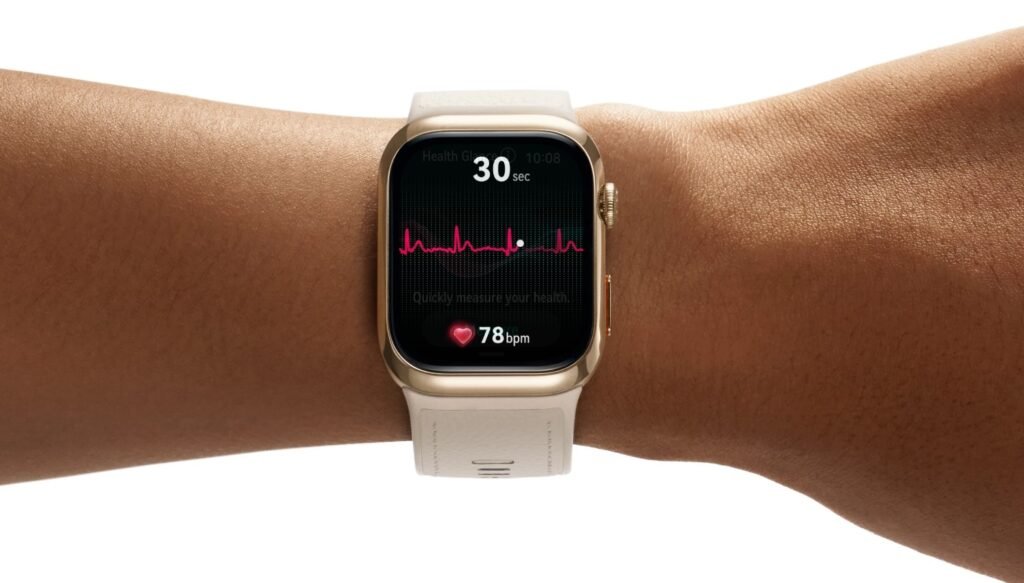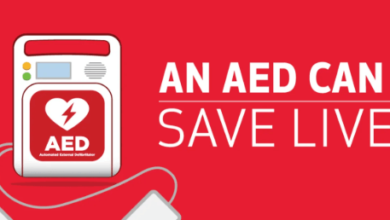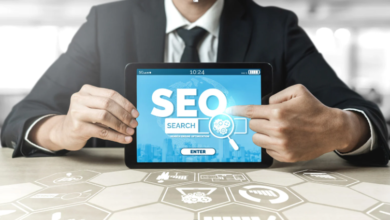
Which Health Tools Are Must-Haves for Elderly Care?
Caring for the elderly requires a combination of compassion and the right tools. As our loved ones age, they may encounter challenges that require additional support. This blog explores the essential health tools for elderly care that can make caregiving both easier and safer. From mobility aids to smart health devices, we will highlight the key technologies that can significantly improve the quality of life for seniors.
What Are the Most Important Health Tools for Elderly Care?
Mobility Aids
Mobility aids are a crucial component of elderly care. These devices, such as walkers, canes, and wheelchairs, help seniors move around safely and independently. For those with balance issues, rollators offer stability with the added benefit of a built-in seat for resting. Moreover, motorized scooters can provide mobility for those who tire easily. Having these aids at hand can prevent falls and enhance mobility, allowing seniors to participate in daily activities with confidence.
Medication Management Tools
Proper medication management is vital for elderly wellness. Tools like pill organizers and automatic dispensers ensure that medications are taken correctly and on time. Smart pill dispensers can even send reminders and alerts to caregivers if a dose is missed. Medication management apps allow for easy tracking and provide a medication schedule. This helps avoid complications from missed or incorrect dosages and ensures that seniors adhere to their medication regimens.
Monitoring Health Tools
Health monitoring tools provide critical insights into a senior’s well-being. Devices such as blood pressure monitors, glucose meters, and heart rate monitors allow for regular health checks at home. For instance, the HUAWEI WATCH D2 offers continuous blood pressure monitoring and beat-by-beat ECG analysis, providing real-time health data. These tools allow caregivers to promptly detect any health changes, enabling timely intervention and appropriate medical care.
How Do Health Tools Enhance the Quality of Life for Seniors?
Tools for Independent Living
Health tools designed for independent living empower seniors to manage their daily routines with minimal assistance. Wearable devices, like the HUAWEI WATCH D2, monitor vital signs and physical activity, offering peace of mind to both seniors and their caregivers. These tools encourage independence, allowing seniors to live actively and confidently within their communities. Peace of mind for both seniors and their caregivers is maximized when monitoring health metrics is simplified and accessible.
Enhancing Comfort and Convenience
Comfort and convenience tools play a significant role in elderly care. Adjustable beds, recliner chairs, and shower seats enhance daily living experiences by providing ease and comfort. Smart home devices control lights, temperature, and appliances remotely, reducing physical strain. With tools like the HUAWEI WATCH D2, seniors get easy-to-understand health reports at a glance, without the need for complex setups or monitoring systems. This can improve overall well-being and contribute to a more enjoyable lifestyle.
Social and Mental Health Tools
Tools that support social interaction and mental health are also critical. Tablets with video calling capabilities, social media apps, and virtual reality experiences help seniors stay connected with loved ones, combating loneliness and depression. Mental stimulation tools like e-readers and brain training apps keep the mind active. Platforms like the HUAWEI Health+ membership offer guided meditations and breathing exercises, which promote mental wellness. Such tools foster a holistic approach, addressing both mental and emotional needs.
Are There Smart Health Tools for Elderly Care?
Wearable Health Devices
Wearable health devices, such as smartwatches and fitness trackers, offer continuous monitoring of vital signs and activity levels. The HUAWEI WATCH D2, for example, provides meticulous monitoring of blood pressure, heart rate, and ECG data. These devices can notify both the user and caregivers of any abnormal readings, ensuring quick medical response. Additionally, their lightweight and compact design makes them comfortable for daily use, providing valuable data without being intrusive.

Home Automation Systems
Home automation systems give seniors control over their living environments, enhancing safety and convenience. Smart sensors can detect movements, control lighting, and manage home security. Voice-activated assistants like Amazon Alexa or Google Home can perform a variety of tasks such as setting reminders, playing music, or even calling for help. These technologies support a safer, more accessible home environment, allowing seniors to live independently for longer.
Virtual Healthcare Assistance
Virtual healthcare assistants, or telehealth services, are revolutionizing elderly care. These platforms enable video consultations with doctors without leaving the home. Devices like the HUAWEI WATCH D2 can integrate with telehealth services, sending real-time health data to practitioners. This facilitates remote diagnosis and monitoring, minimizing hospital visits and reducing the risk of exposure to illnesses. Virtual healthcare ensures that seniors have timely access to medical advice and care.
What Are the Benefits of Investing in Health Tools for Elderly Care?
Improved Safety and Security
Health tools significantly boost the safety and security of seniors. Mobility aids prevent falls, while monitoring devices like the HUAWEI WATCH D2 provide real-time health tracking and alerts. Home automation systems enhance security with cameras and motion sensors, detecting any unusual activity. These tools collectively create a safer living environment, reducing the risk of accidents and health emergencies.
Enhanced Caregiver Support
Investing in health tools also reduces the burden on caregivers. Automated medication dispensers and health monitoring devices streamline daily care routines. For example, the HUAWEI WATCH D2 offers detailed health insights, enabling caregivers to provide more informed care. By taking on some of the caregiving responsibilities through automation and monitoring, these tools allow caregivers to focus on providing emotional support and enhancing the quality of life for their loved ones.
Long-Term Savings and Health Outcomes
Though some health tools may require upfront investment, they can lead to long-term savings and better health outcomes. Preventing falls, managing medications properly, and continuous health monitoring can reduce hospital visits and medical expenses. The HUAWEI WATCH D2, with its comprehensive health tracking features, ensures that potential health issues are detected early, leading to timely intervention and better long-term health. Consequently, these tools contribute to overall financial and health stability for seniors.
Conclusion
Implementing essential health tools is vital for enhancing elderly care. From mobility aids to smart health technologies like the HUAWEI WATCH D2, these tools offer numerous benefits that improve the quality of life for seniors. They ensure safety, promote independence, and provide crucial health monitoring. A blood pressure monitoring wrist watch, for example, can help track vital health metrics in real time. Investing in these devices not only supports seniors but also eases the caregiving process, ultimately leading to better health outcomes and long-term savings. Choosing the right tools can make caregiving a more manageable and rewarding experience.




